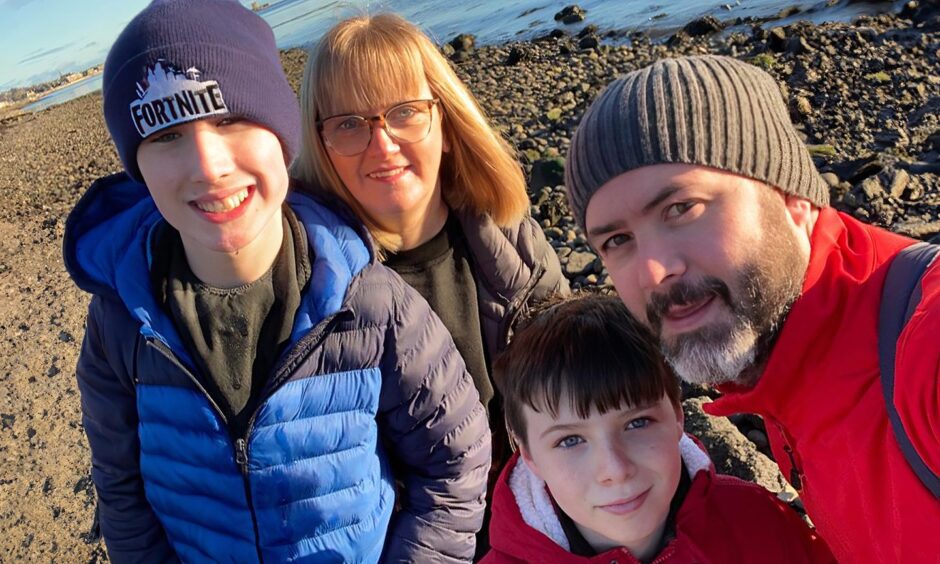
What happens when you have a child with complex special needs leaving school?
For Angus mum Gill Thomson that’s a real worry as her son Liam, 17, has been refused a place at college.
And she says there’s a huge gap for people like him when their needs can’t be met by their local college but they still need education to reach their full potential.
In Fife, life beyond school was such a worry for a Cupar mum that she took matters into her own hands to give her teenager meaningful work.
For Liam, from Wellbank, his daily routine when he finishes S6 at Craigie High School, in Dundee, is uncertain.
Without a place at Dundee and Angus College, Gill, service development manager at The Yard disabled children charity, says he may have to go into adult day care.
‘Do we give up work?’
That’s unless she or his dad, Michael, a student, give up work or university to look after him full-time.
She says: “It sounds a bit daunting for an 18-year-old to be going into a day care centre with adults up to 65 years old.
“Although he is 17, almost 18 on paper he has learning difficulties, autism and ADHD; he doesn’t function as a 17 or 18-year-old at all.
“And he is not fulfilled yet in education.
“If he went to college by the time it ended he would be 21 and we would have a fuller picture of where he is going in life.
“There’s a huge gap and I feel like these three years are getting swept under the carpet.”
The college has a range of supported education courses and provides places for 140 students with learning disabilities and complex needs each year.
“He’s been in education since he was three-and-a-half, what does he do now?”
Gill says Liam, who has “thrived in Craigie High’s enhanced support area, has not had the chance to make regular visits to college as she had hoped to see how he would cope there.
Instead, she says, his suitability was assessed using his school care plan, with the college unable to guarantee to meet his needs.
Gill said: “My son could absolutely flourish at college but without having that opportunity [to try] no one is going to know.
“He’s been in education since he was three-and-a-half, what does he do now? Who is going to look after him?
“Do I have to give up my job? My husband is at university, does he give that up?”
Five years ago, Gayle Nelson, from Cupar, was in a similar position to Gill.
Although son Laurie, now 23, had a college place, she worried about what was to come next.
But with a fellow parent, she set up The Sunshine Kitchen to give Laurie, who is autistic and has learning disabilities, and others like him a vocation.
Now a team of young adult volunteers at The Sunshine Kitchen, who all have additional needs, grow, cook, bake and sell seasonal produce at community events and farmers’ markets and supply local cafés.
Gayle, who is project manager and a Fife College lecturer, said: “Laurie was in his final year at high school when we started thinking about setting up the project.
“He did have a college place but we were thinking about what was beyond that.
“We didn’t want him spending his days going on café outings or to a petting zoo, we didn’t feel like that was enough.
“We wanted him to have an opportunity to work, and any work that was available to Laurie and his peers seemed very insubstantial, a half day volunteering in a charity shop, for example.”
Laurie and 23 other young people work two or three sessions at week at The Sunshine Kitchen in Glenrothes.
Gayle said: “It’s a real job, and it’s a big part of their week.
“For Laurie, it’s been absolutely amazing.
“He needs that structure and consistency so that he can thrive.
“He is so confident, he is doing things now we couldn’t have thought he could do a few years ago.”
Scottish Autism said transition from school is a big worry for many parents and council budget pressures can make provision difficult.
Chief executive Dorry McLaughlin said: “We get a lot of calls to our advice line from parents and sometimes professionals around these issues.
“Transition planning needs to start at the earliest possible stage, probably 18 months to two years at least before someone is going to be leaving education.”
The charity is very disappointed that a bill by Labour MSP Pam Duncan Glancy proposing to give every young disabled young person a transition plan was rejected by a Holyrood committee in August.
Dundee and Angus College says its full-time provision for students with special needs is complemented by provision for senior school pupils to supplement learning, support transition and let them experience college life.
A spokesperson said: “Our supported education provision is very successful, and the college has worked closely with schools, parents, social work, third sector agencies and others for many years to ensure that college is the right destination for each individual.
“Depending on the needs and aspirations of the individual, college isn’t always the right destination, and the range of different agencies and services work together in these circumstances to explore other more suitable options.”
Transition planning is ‘crucial’
Angus Council says it recognises that planning and providing the right service for children and young people at transition is crucial.
A spokesperson said: “In Angus, transition planning for young people with significant additional support needs begins in S3 and involves multi-agency transition conferences, and transition planning meetings at school where pathways to post-school destinations and support are considered.
“These may include appropriate courses at college, work experience, volunteering, adult learning resource centre, or community support.
“The involvement of other agencies including adult services such as the Community Learning Disability Team is dependent on the young person’s assessed needs and the level of support required.
“Planning for transition is always carried out in partnership with the learner, parents/carers and other partners.”
Dundee City Council also said transition from school is critical.
A spokesperson said: “We work with a range of partners to support individual young people during this period.
“This includes, for example, Skills Development Scotland, Youth Employability Service, Enable Works, supported education at Dundee and Angus College, and where appropriate neighbouring local authorities.”
The city council has also established a task group aimed at ensuring every young person in Dundee is in education, training or employment.
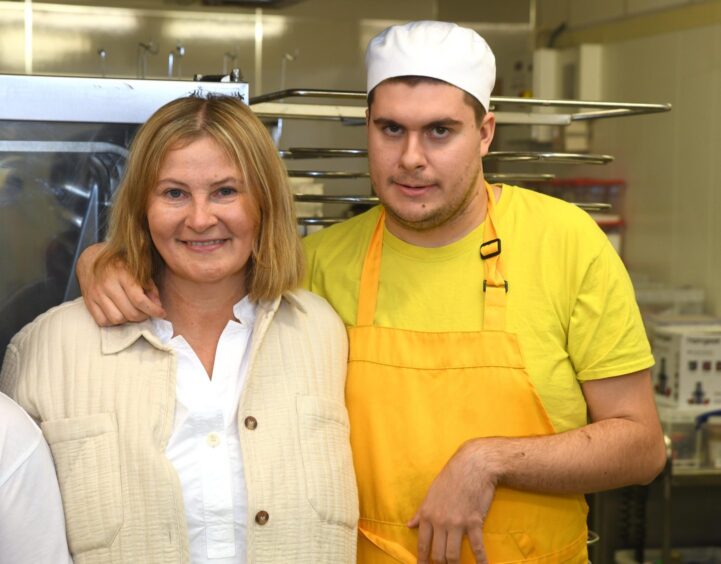

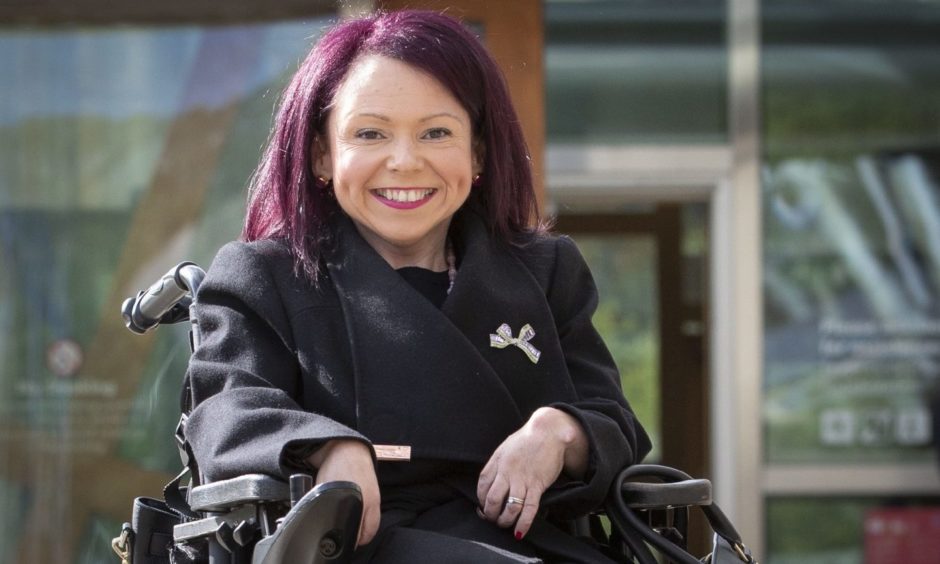



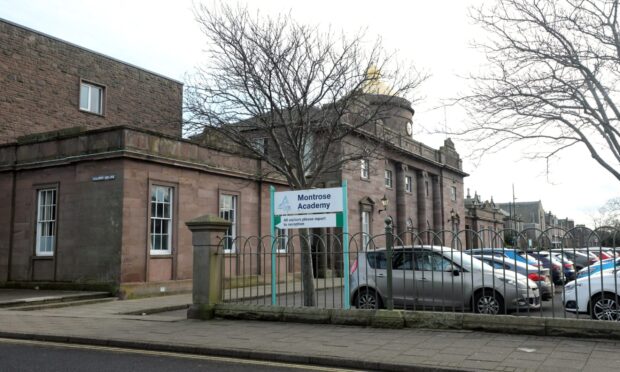



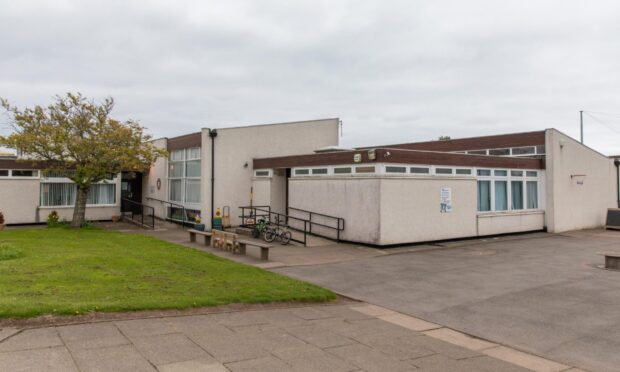

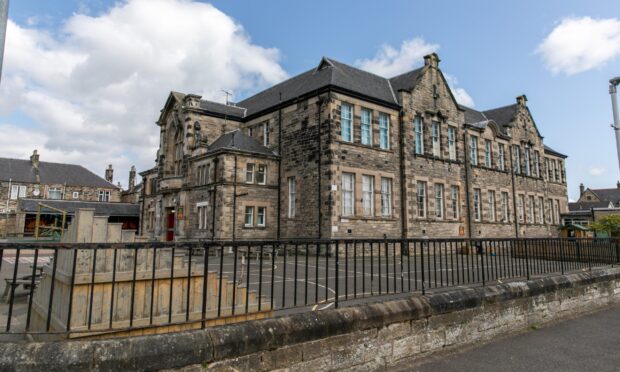
Conversation